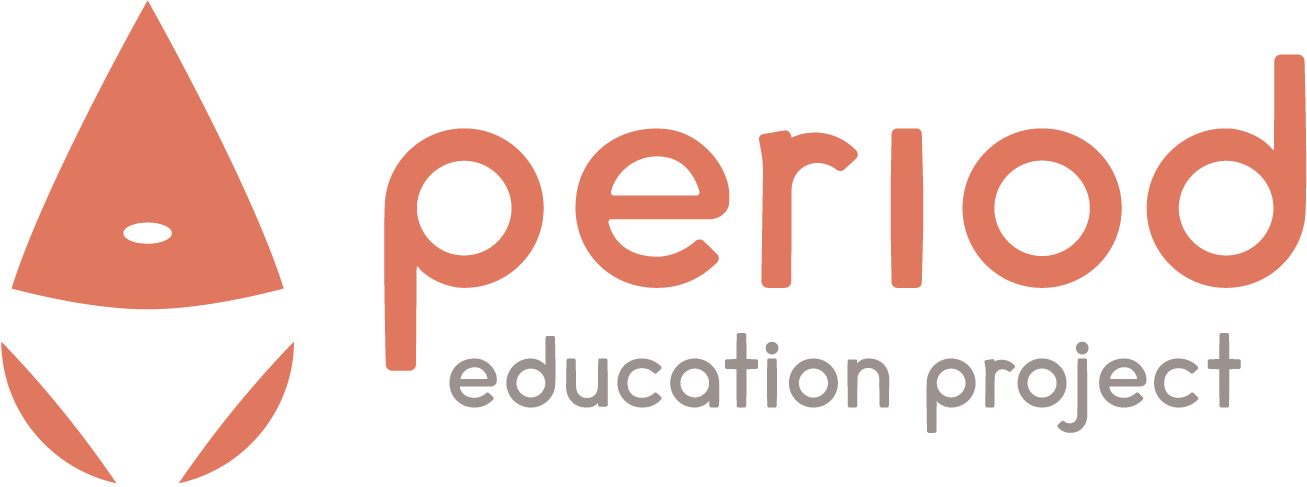By Priscilla Francois and Jocelyn Ha, Period Pros from the University of Central Florida College of Medicine
What is the Period Education Project (PEP)

Jocelyn Ha, Period Pro

Priscilla Francois, Period Pro
The Period Education Project is a national non-profit that trains medical students to engage youth (12+ yo) and any supporting adults in learning about an important indicator of health: the menstrual cycle. Menstrual health education for underserved youth is an important piece in addressing period poverty: a lack of access to period education or products. Once trained, med students become “Period Pros” who lead community based educational workshops (“PEP Rallies” addressing female reproductive anatomy, the menstrual cycle, normal versus abnormal menses, safe and reliable options for period management, menstrual health tracking, and local resources providing free period products.
What is the impact of PEP?
The PEP provides a symbiotic opportunity for empowerment, advocacy, and education. Period Pros, many who trained during the pandemic, seize this chance for human connection to serve as role models and grasp clinical aspects of adolescent menstrual health, develop public speaking skills, and engage with their communities. These experiences and skills are invaluable to future physicians as they learn to incorporate patient advocacy and education into their work.
The youth participants, at this formative juncture of their life, are empowered to end the stigma surrounding the menstrual cycle. Education demystifies their bodies and increases their agency in promoting and maintaining their own wellness. Furthermore, as youth engage with medical students they grow more comfortable communicating with healthcare providers.
Why is PEP so important to the community?
Of the 50 US states, only 22 require medically accurate reproductive health education. This may explain why on average it takes up to 10 symptomatic years before a diagnosis of endometriosis is made. Maybe this lack of value ascribed to menstrual health accounts for the 1 in 5 girls who miss school because they do not have access to period products. These issues cannot be ignored. PEP provides bridge-building and actionable education.
When asked why PEP matters to the community, Chevarlyn Corley (Elevate Orlando teacher and mentor) thinks of “empowerment and agency.” Corley prioritizes “providing as much experience and exposure to students as we can,” especially on essential topics she knows her students are not learning about elsewhere. She recognized something critical: that stigma surrounding menstrual health in families is often a barrier to conversations about health that could take place at home or in schools.
What kind of environment does a PEP Rally create?
Each PEP Rally starts with enthusiasm for learning, growth, and openness with aims of reducing any nerves or “awkwardness” our audience may be experiencing. We create a safe learning environment by normalizing common worries, sharing personal thoughts, and inviting students to participate through interactive and fun activities. Educational material supported by positivity, charisma, and transparency serve as a foundation for these workshops.
How do I get involved?
To bring PEP to your medical school, request an application and/or additional information, visit: www.PeriodEducationProject.org or email PeriodPro@PeriodEducationProject.org

Recent Comments